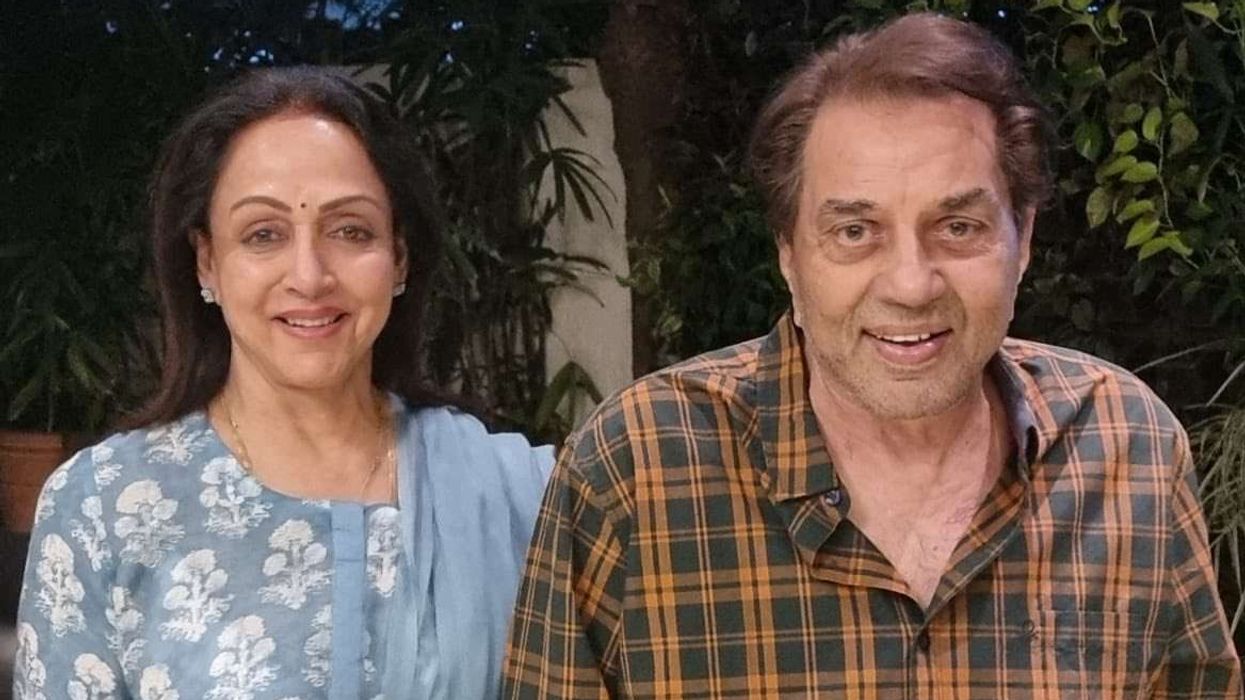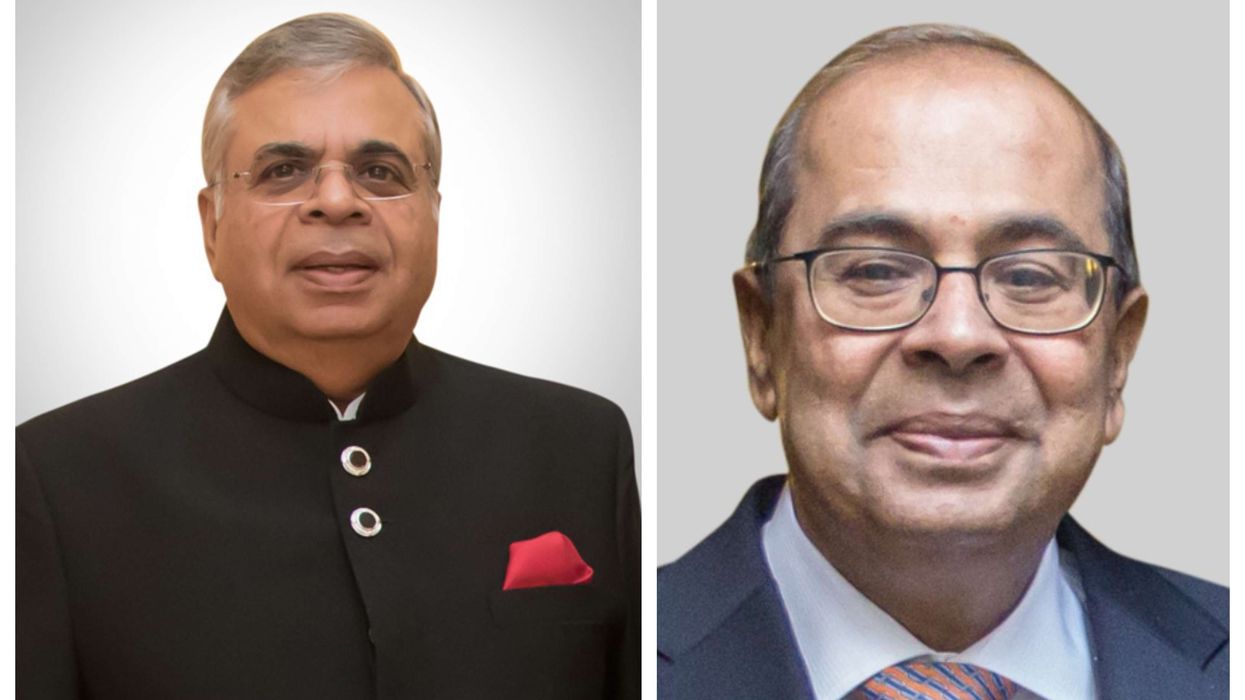The aunty network in south Asian families has always been a trusted source of seeking out potential partners, but now Indians are increasingly taking matters into their own hands by trying new dating apps.
Tinder has been available in India since 2014 and is often viewed as a hook-up-site, but a new advert featuring a mother who takes an avid interest in her daughter’s love life is aimed at changing perceptions of the service.
The ad, which features the mum swiping right on her daughter’s phone as a profile pops up, has split opinion. So far, the video has notched up almost 520,000 views, and Indians have taken to social media to express their views.
On Facebook, users termed the commercial as sanskaari, which means virtuous in Hindi, because of the portrayal of the mother’s seal of approval.
Others, however, were more sceptical about whether it was a true reflection of what goes on in India, where dating openly is often not the norm.
One user questioned whether Tinder was the new Indian matrimony site.
“Did I pull a Rip Van Winkle and sleep through 100 years of mom evolution?” asked another dubious Indian.
Matrimonial sites like Shaadi.com are very popular due to the intended end result of sealing the deal with a marriage. The Tinder ad is an attempt by the company to change its positioning and tap into the huge Indian market.
The country saw a staggering 400 per cent jump in user numbers last year, and since last September, the amount of daily swipes has leapt from 7.5 million to 14 million. It was the most downloaded dating app in India in 2015.
Male user Reem Belsare from Bangalore, whose name has been changed, said: “India is still conservative when it comes to courtships. The unspoken rule is that you party while you can, but end up marrying someone of your family’s choice.”
Tinder user Preeti Sharma, who also asked for her name to be changed, explained that “conservative culture takes a back seat when it comes to dating and flings. It is only when you have to take a girl home for marriage that all these rules apply.”
Taru Kapoor, the head of Tinder India, said the app allowed women to seek connections “without fear of unsolicited attention or judgment”.
She added that the video showed a “changing dynamic” in Indian culture.
“Like every generation, the youth today have adopted strong Indian values while at the same time creating new norms and rejecting the ones that do not fit any more in a shifting world order,” she said.
“A mother catching a glimpse of her daughter’s Tinder notification is reflective of the future of dating in India, where youth and parents are open and honest about dating.”
Some users were supportive of the idea behind the advert, despite not being completely convinced it reflected reality.
“Refreshing move by Tinder India to reposition itself as a ‘parent approved’ dating app. Although quite wishful but I hope reality reflects this someday soon,” said a user on Facebook, while another added: “Apt representation of all those on Tinder with ‘No Hookups’ on their bio.”












